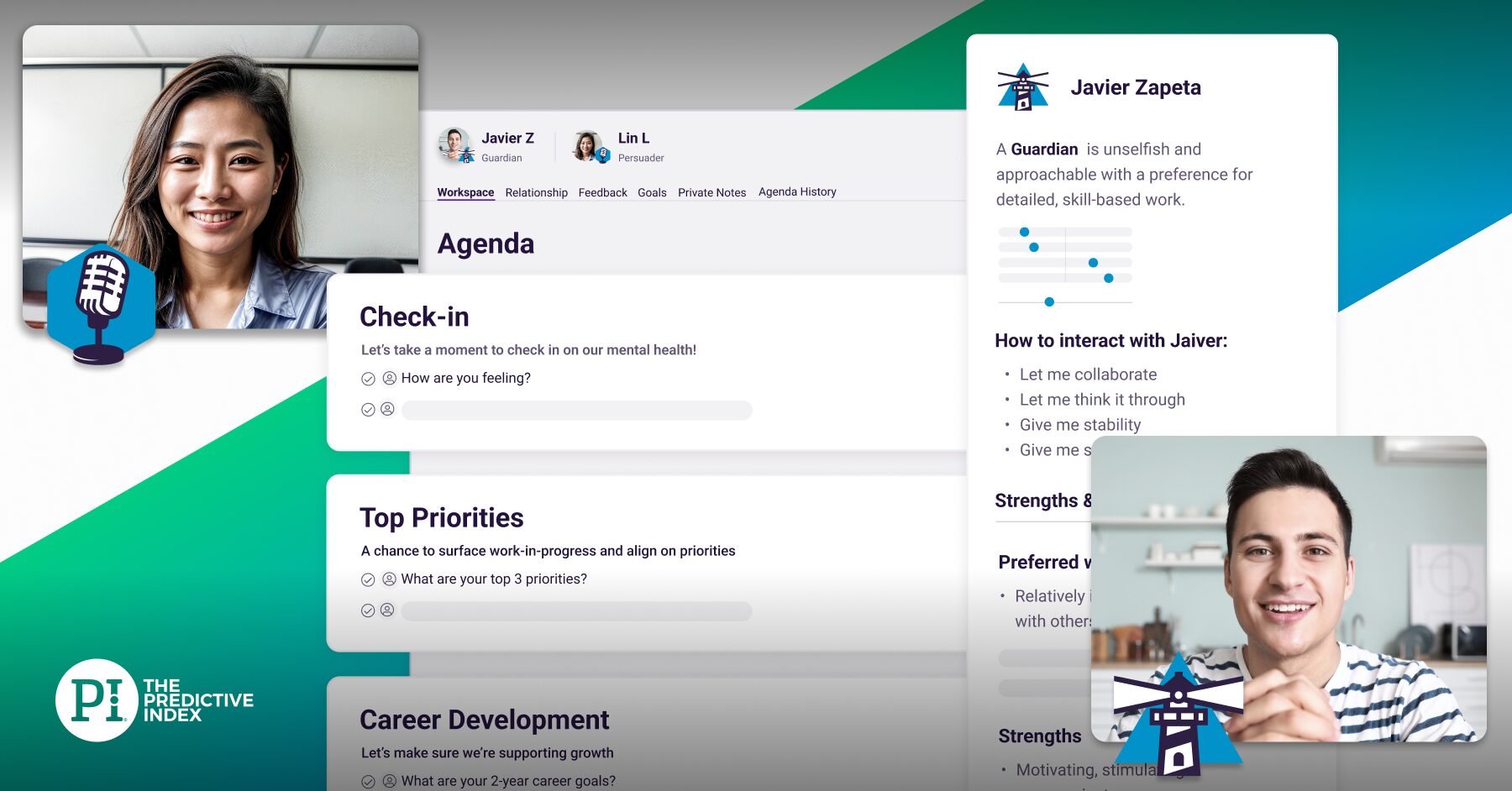The creation of self-control and calmness in difficult situations is something business leaders must master.
We all have a story to share. It’s what makes us real. Consider my scenario, a couple of years ago, as a published tenured academic professor with 15 years of service at the same college. My roles, responsibilities, and reputation grew progressively. As program coordinator and instructor in multiple departments and courses, it was my lifestyle, my tribe.
When a higher position opened, my ambition lay in upward mobility. There were two candidates—myself and a male colleague. My portfolio package was complete with personal files of my teaching experiences, documented timeline, written publications and two textbooks, student evaluations, professional references, syllabi, curriculum, and licensure.
I felt I aced the interview only to discover the position went to the friend of the boss—a candidate who lacked the proper credentials and experience.
The immediate shock faded to disappointment, with varying shades of anger and self-doubt. Time was required, not speed, for me to thoughtfully self-reflect on my values, assumptions, and judgments.
Join 10,000 companies solving the most complex people problems with PI.
Hire the right people, inspire their best work, design dream teams, and sustain engagement for the long haul.
Leaders must know how to process difficult emotions.
From time to time, we all experience workplace disappointment. As humans, we process visuals and emotions up to five times faster than information, which means we’re naturally wired to get upset.
When faced with disappointment, leaders must process their emotions and utilize tools to slow down the emotional piece while the informational piece plays catch up.
What actionable skills and tools can we use to process through the emotions? How can we come out the other side with positive information, knowledge, and health? Where do we flip the negative?
My choices began, first and foremost, with self-reflection and soul-searching. For me, the STAR template, PRES technique, and reframing were my outlet and salvation. I wrote voraciously.
Three practical tools leaders can use to process emotions
In an organization, there are leaders at every level. For a company to thrive, those leaders must hone their critical thinking skills and ethics to make honest decisions.
The following tools are taught at the highest levels of management (and explained in detail in “Escape into Excellence”). They support a respectful environment that encourages and reinforces positive behaviors. Use every dimension available—social, personal, cognitive, and knowledge—to make decisions and choices with the highest level of integrity.
1. STAR template is a journaling method. It allows us to place our thoughts on paper in raw, passionate form. Expending all that emotional energy of anger, rage, and injustice shifts the action onto the manuscript. This de-stress mechanism promotes a positive direction and strengthens our ability to see what is hidden.

2. PRES technique is a style of communication during demanding and difficult dialogs. Pause, repeat, empathy, and solve illustrates an effective way to lower the emotional barometer and temperature. In simple terms, it lets us control the conversation’s direction and collaborative outcome.
3. Reframe calls for us to flip and read upside down and backward, shifting the mindset as a matter of how we think and the way we think. The reflective decision-making tool asks the question, “What else could it be?”
In my scenario, I realized I had the power and energy to enhance my situation, stay positive and low-key as I prepared my exit strategy. Staying closed-mouthed and flying under the radar, the learned, practiced approaches and tools brought me to the point of self-action: in time, securing a much better position within a sustainable, supportive, and collaborative culture.
What leaders must remember when faced with disappointment
- The best candidates are not always chosen. And that’s okay.
- Rejection is re-direction. An inner calm comes from knowing you’re not meant to be there, yet or ever. Outlook and attitude shape our responses. Trust the secret openings that move you forward in a redirect.
- Value and worth are not the same. Value is a person’s standards of behavior. Worth is tied to someone else’s consideration and rating. Blinded to our worth, others are sometimes unable to see—and that’s outside of our control.
- Be aware of your emotions. Use them to power through to intelligence and knowledge.
- Persistence pays. Never, ever give up. The right door, direction, and path will open. For every no, we are one step closer to the yes.
- Believe in yourself.
These are learned, practiced skills. We live them out experientially through our encounters. It’s worth looking at your thinking as a gateway for personal and professional growth. We must learn to pivot. Charles Darwin wrote, “It is not the strongest of the species that survives, nor the most intelligent that survives. It is the one that is the most adaptable to change.”
Dr. Diana Rangaves holds a doctorate from the University of California. She has extensive experience and expertise in the leadership and business sectors as a CEO, consultant, and academic professor. Diana owns Clinical Consultant Services and DianaRangaves, and volunteers as the Clinical Director for ARISE Africa Foundation, which specializes in adult education and the reduction of STD/HIV in Nigeria.








